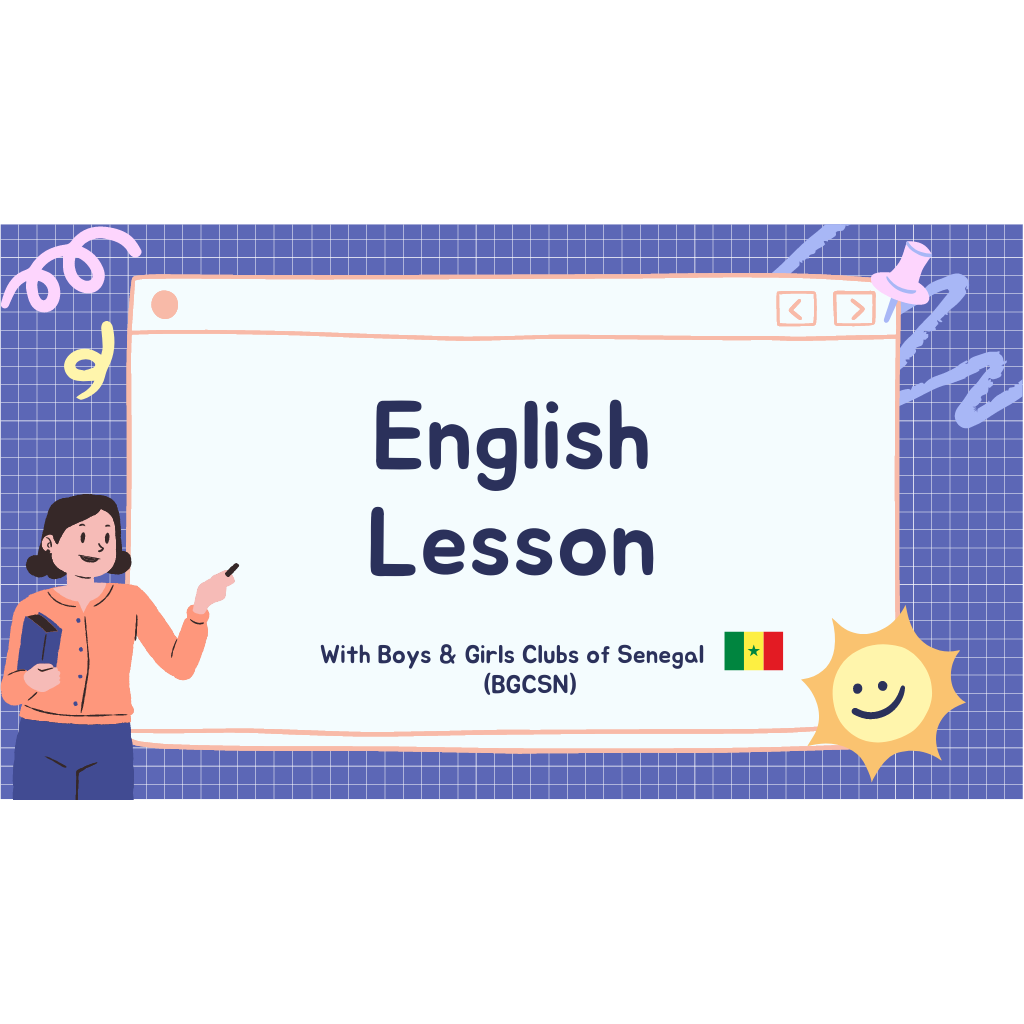Boost your word power with the art of mastering suffixes!
Suffixes can be found at the end of words and can make a remarkable difference to the meaning. Adding suffixes to root words can also be an effective way to increase your word power and improve your writing.
Take a look at these examples of how adding suffixes can change the meaning of a word:
Friend to friendly: Friend describes someone you are close to, while friendly suggests having a cheerful attitude and a willingness to help.
Quick to quickly: Quick denotes fast, while quickly emphasizes speed.
Happy to happiness: Happy is a feeling of contentment, while happiness denotes joy and satisfaction.
Understanding the power of suffixes and using them correctly can help you make your words more versatile. Whether you’re writing a business report, an essay, or a powerful speech, understanding suffixes will always bring you one step closer to mastering the art of effective writing. Improve Your Vocabulary With Suffixes
Expanding one’s vocabulary is an essential aspect of learning a new language. The more words you know, the easier it becomes to communicate effectively. English, being a vast language, offers various strategies to enhance vocabulary. One such technique is using suffixes – a powerful tool for word formation.
A suffix is a set of letters added to the end of a root word, altering its meaning or function. Suffixes can convert a noun into a verb, an adjective into an adverb, or change the tense of a word. By understanding and using suffixes, you can significantly expand your vocabulary.
There are different types of suffixes that can be added to root words. Let’s explore some commonly used suffixes and their meanings:
1. -er: This suffix commonly transforms a verb into a noun, referring to a person or a thing that performs a particular action. For example, “teacher” refers to a person who teaches, while ”writer” denotes someone who writes.
2. -tion/-sion: These suffixes turn a verb into a noun, indicating an act, state, process, or result. For instance, the verb “educate” becomes “education” or “explore” becomes “exploration.”
3. -able/-ible: These suffixes can be attached to a verb or a noun, creating an adjective that means “capable of” or “worthy of.” For example, ”comfortable” means capable of providing comfort, while “flexible” suggests the ability to bend.
4. -ity/-ty: Adding these suffixes to an adjective typically transforms it into a noun, indicating a state, quality, or condition. For instance, the adjective “happy” becomes “happiness” or “possible” turns into “possibility.”
5. -ly: This suffix is often added to an adjective, converting it into an adverb that represents how an action is performed. For example, “quick” becomes “quickly,” indicating the speed of an action.
6. -ful: By attaching this suffix to a noun or an adjective, you create an adjective that implies “full of” or “characterized by.” For instance, “fruitful” means full of fruit or productive, and “graceful” suggests elegance or smoothness.
7. -ment: This suffix is attached to a verb, resulting in a noun that refers to an action, process, or result. For example, the verb “develop” becomes “development” or “improve” becomes “improvement.”
Now that you are familiar with some common suffixes, here are a few tips to enhance your vocabulary:
1. Keep a vocabulary journal: Whenever you come across unfamiliar words with suffixes, write them down with their meanings. Regularly reviewing these words will reinforce your understanding.
2. Use context clues: When encountering unknown words, pay attention to the surrounding words or sentences to infer their meanings. This practice will help you grasp the purpose of different suffixes.
3. Practice with exercises: Several online resources offer exercises to practice using suffixes. Engaging in such activities will strengthen your ability to identify and utilize various suffixes.
4. Read extensively: Reading books, articles, and other materials in English exposes you to a wide range of vocabulary. Pay attention to words with suffixes and analyze how they contribute to the overall meaning.
Remember, building your vocabulary takes time and effort. By incorporating suffixes into your learning routine, you will gradually expand your word bank and communicate more effectively in English.
So dive into the world of suffixes, explore their meanings, and enrich your vocabulary!
Ultimately, mastering suffixes is a great way to improve your word power. With the guidance included in the article, you can be sure that you will be well equipped in your language studies. With creative and clever use of suffixes, you can even create your own words! So, what are you waiting for? Embark on your suffix journey today and let your creativity flow!
